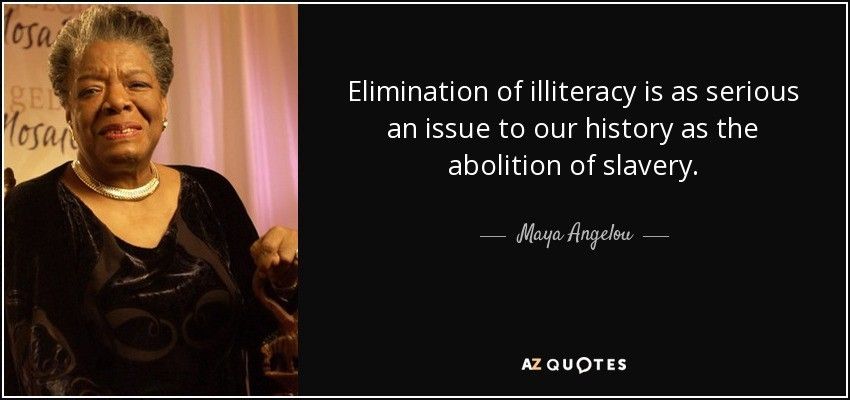In terms of moral, social, and philosophical uprightness, isn’t it striking to have the technology to provide a free education to all the world’s people (i.e. the Internet and cheap computers) and not do it? Isn’t it classist and backward to have the ability to teach the world yet still deny millions of people that opportunity due to location and finances? Isn’t that immoral? Isn’t it patently unjust? Should it not be a universal human goal to enable everyone to learn whatever they want, as much as they want, whenever they want, entirely for free if our technology permits it? These questions become particularly deep if we consider teaching, learning, and education to be sacred enterprises.
When we as a global community confront the truly difficult question of considering what is really worth devoting our limited time and resources to in an era marked by global catastrophe, I always find my mind returning to what the Internet hasn’t really been used for yet — and what was rumored from its inception that it should ultimately provide — an utterly and entirely free education for all the world’s people.
In regard to such a concept, Bill Gates said in 2010:
“On the web for free you’ll be able to find the best lectures in the world […] It will be better than any single university […] No matter how you came about your knowledge, you should get credit for it. Whether it’s an MIT degree or if you got everything you know from lectures on the web, there needs to be a way to highlight that.”










Comments are closed.